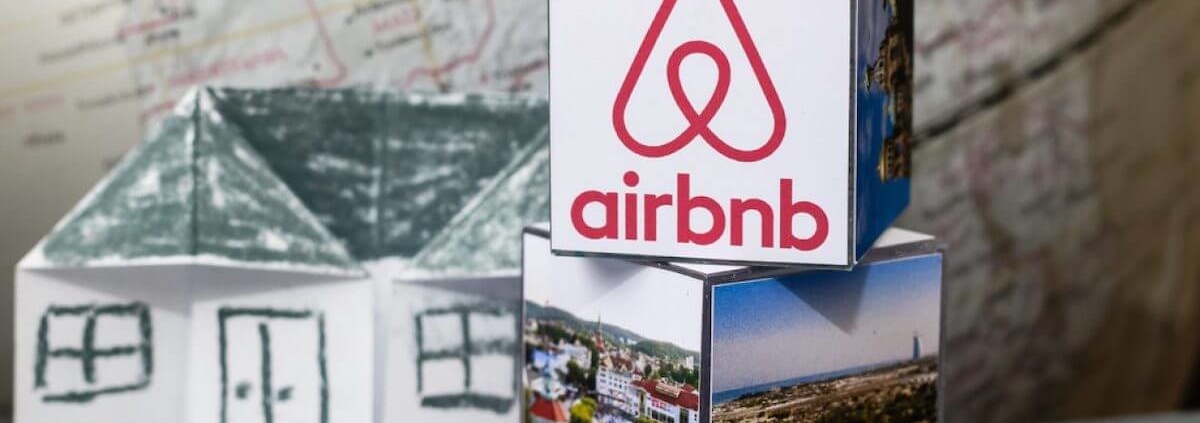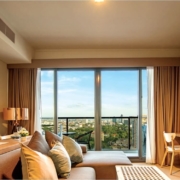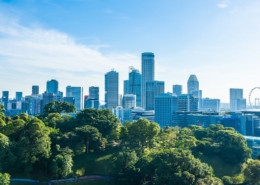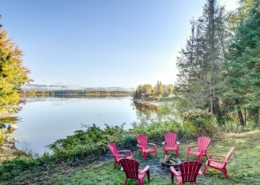Guide To Airbnb Regulations – What does the law say?
Running an Airbnb business? Here’s everything you need to know regarding the legal side of Airbnb that will guide you in becoming a host.
Be it any business, it is important to stay within the prescribed legal limits. It feels tempting to be careless and to find a quicker way to make more money, however, it is unethical and can ruin your business and life when caught in a legal dispute. If you are an existing host or a new host, here is the list of Airbnb regulations that you are expected to comply with.
Check with the Local Government
Though Airbnb has a general set of rules for hosts, it does vary according to the rules of the local governments. So, before your start, it is highly recommended for you to check in with the local legal system regarding rentals for short term periods. The rules can vary greatly based on your location. For example, some cities completely ban the accommodation of guests in rentals for a short time and in some cities, it is against the law to rent out a property when the tenant is not present there for more than 30 days.
Taxation Systems
The taxing processes as well vary with the local authorities. For certain locations, the taxes are automatically remitted by Airbnb and you are relieved of managing taxes. Sometimes, you might have to pay Airbnb tax as per Airbnb regulation, which will either be collected by Airbnb itself or by the local government. In the case of the latter, you will have to manage the process by yourself and make sure you complete all the required formalities like obtaining a tax identification number, etc.
Insurance and Safety Requirements
It is important to know that regular insurance that you have obtained as a property owner will not suffice. As you are running a business, you must obtain business insurance that will cover your charges in case of any unfortunate event.
Similarly, you must make sure that the required safety measures that are listed by the local body for rentals are followed. For example, alarm systems, CCTV cameras, fire safety equipment, smoke detectors, etc. This also includes ensuring that your property is meeting state health and hygiene guidelines.
Community Rules
If you are renting out an apartment from a complex or a house within a gated community, then make sure you follow the rules established by the community or strata as well. For example, some premises may forbid smoking or bringing in pets. Make sure you follow these rules and you don’t invite complaints from your neighbors. Similarly, make sure guests do not disrupt the rules regarding playing loud music, making excessive noise, etc.
Licenses and Permits
Just like most of the legal requirements mentioned above, licenses and permits also vary within your local system. Sometimes, you require a permit to even rent out a room in your house. So it is best to check with the local government and obtain the required permits. For example, in North America, you might require land permits, tax licenses, business permits/licenses. etc. In case of licenses or permits that have to be renewed after specific time periods, make sure you do it. Continuing with an expired permit might land you in unwanted legal troubles.
Maintain your Records
For any business, it is crucial to maintain accurate records of your business. Some locations might require rentals to obtain valid identification proofs of the guests staying at the property. Failure to do so can land you in trouble with Airbnb regulation. Similarly, maintain a neat record of all invoices, receipts and all forms of cash payments as it might be required for audits or taxation purposes.
Genuine Listings
Most hosts tend to overlook this segment as they don’t consider it to be too important. Well, it is. Never try to list a fake profile of your property on Airbnb. It is strictly against Airbnb regulations. Make sure all the information that you enter while creating a listing is 100% genuine and true. This includes a listing of amenities, facilities, etc. Another important thing in the Airbnb regulation compliance is to make sure the photographs of the property are authentic and not manipulated to appear more appealing. Remember that this can be easily brought to light by the reviews of your guests; they can even report you to Airbnb for misleading acts.
You might not be aware of this, but Airbnb regulations have a Content Policy that you must adhere to while creating profiles for listings. The policy mentions that in case any false or deceptive information is provided, the listing will be removed from Airbnb immediately. Now, you don’t want that to happen, do you? So make sure your listings are accurate to comply with Airbnb regulation.
Conclusion
If you have read this article, you already know that apart from the Airbnb regulation, there are a lot more rules that you are expected to follow in accordance with the local legal system. Failure to comply with the former will lead to expulsion from the Airbnb platform and your ability to host. Failure to comply with the latter might lead to severe charges against you, which might ruin the business. If you have any trouble deciphering the laws, it is best to consult an expert or your lawyer to guide you. Make sure you check out Airbnb regulation from their website thoroughly to ensure a smooth-running business without any hassles.
Hosty’s Airbnb Management Software can help you to automate all your day-to-day routine so you can be more focused on legal, tax and other Airbnb regulations questions.


















